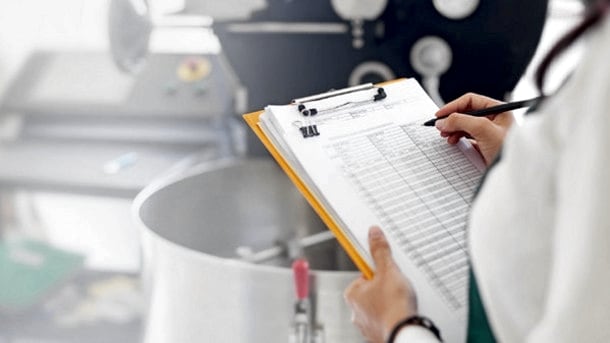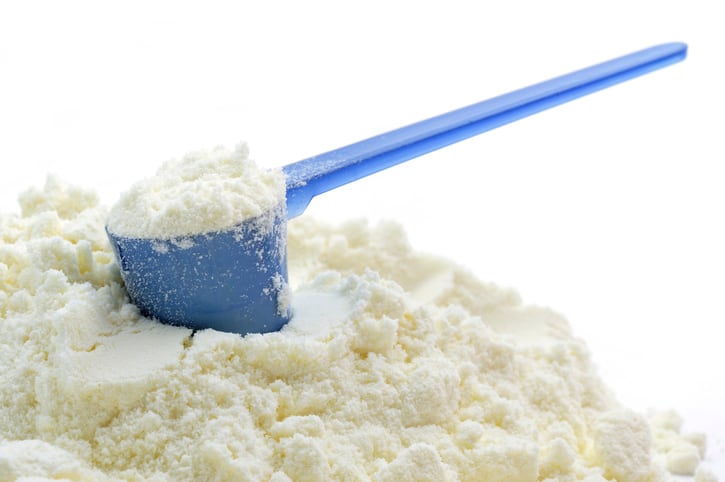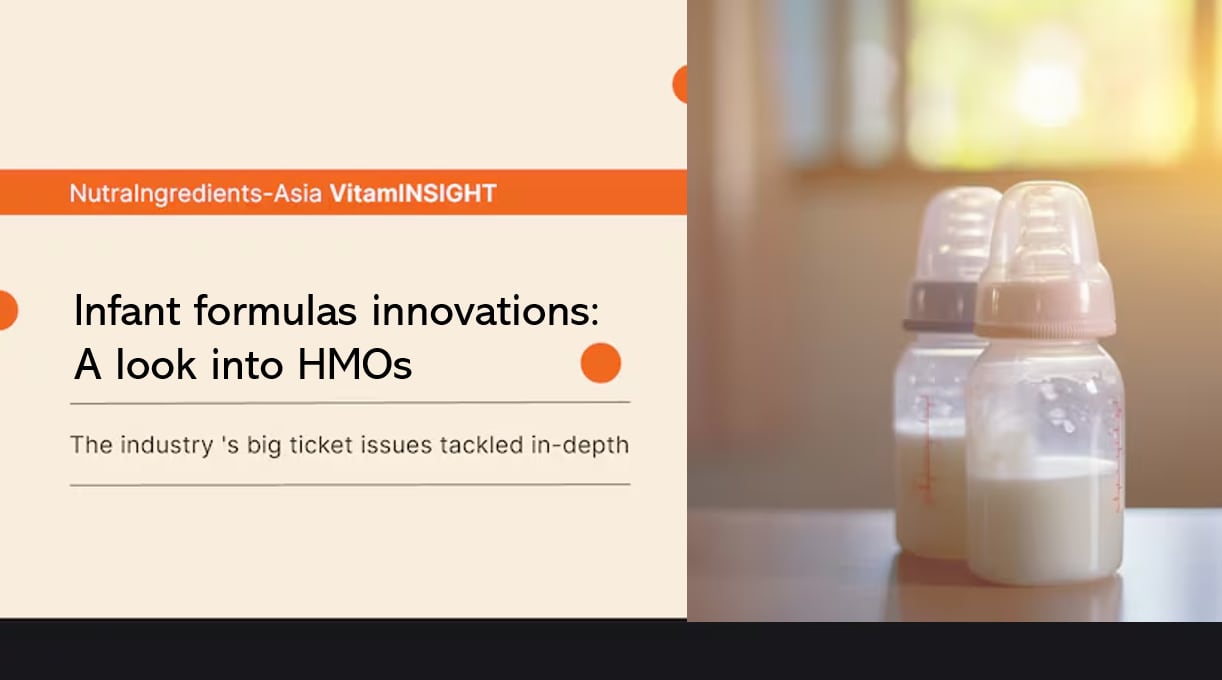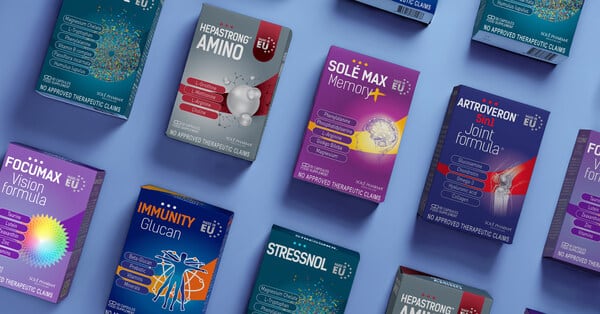Deputy Minister of Health Do Xuan Tuyen highlighted the above in a national conference held on May 7.
The conference was aimed at discussing methods in strengthening the regulatory compliance of pharmaceuticals and food safety, in response of recent high profile cases of illegal milk production ring and sale of counterfeits nutritional products.
In his opening speech, Deputy Minister of Health Do Xuan Tuyen said that delegates would need to focus on discussing and finding solutions focusing on the difficulties and shortcomings of the system.
The deputy minister has proposed a number of ways to improve the regulations on foods and functional foods.
One of the ways is to tighten the management of both product self-declaration and product registration.
This is because product self-declaration, in particular, was said to have created favourable conditions or loopholes for non-compliance.
Companies will be able to sell and are responsible for the products once they self-declared the quality and safety of their products.
“The self-declaration mechanism poses challenges for post-auditing. There is no mechanism to recall product declarations. Inspection, supervision and post-audit work is still limited and not proactive in localities,” said Vietnam’s Food Administration (VFA) in a statement after the conference.
At the conference, it was pointed out that most foods in Vietnam are available in the market via self-declaration.
Examples include processed food, food additives, food processing aids, and food containers etc.
Only three product groups must obtain product registration with the authorities before they are allowed for sale.
They are 1) health protection foods, medical nutritional foods, foods for special diets, 2) nutritional products for children up to 36 months old, and 3) mixed food additives not in the list of additives permitted for use in food.
Despite required product registration, the recent fake milk scandal brought to light the production and circulation of counterfeit nutritional milk targeted at vulnerable groups, including premature infants, pregnant women, individuals suffering from diabetes and kidney diseases.
As such, the deputy health minister has also called to strengthen surprise inspections to detect and uphold mandatory quality standards for functional food products.
Another solution proposed is to have businesses declare their product quality inspection methods to the authorities.
The deputy health minister has also requested the provincial authorities, including the People’s Committees, to step up their efforts against fake pharmaceutical drugs and functional foods until the end of May and to report to the Ministry of Health before June 10.
Market is growing but more problems seen
At the conference, the Ministry of Health said that the growing functional food and health protection food market and high profits have attracted the interest of illegal-doers.
Some examples of their illegal activities include faking the the product brand, origins, and quality, which are uncovered during post-market inspection and handed to the police for investigation.
“The production and trade of fake food, especially fake health food, brings in high profits, while the investment costs are low, causing many people to disregard the law to carry out this act,” said VFA in a statement after the conference.
Vietnam’s functional food market is said to be valued at over USD$2 billion - a growing market which has attracted attention and investment from businesses.
E-commerce
Another reason for the proliferation of fake food is the use of e-commerce, which makes it more difficult to control commerce activities, said the Vietnamese authorities at the conference.
“The activities of buying, selling, transporting banned goods, smuggling, illegal transportation of goods, trade fraud and fake food across borders, land border gates and border openings are still complicated.
“Counterfeit products are often sophisticatedly produced, difficult to distinguish from genuine goods, and are mainly consumed through retail channels, social networks and e-commerce platforms...
“The buying and selling of food via social networks, e-commerce platforms, especially ‘hand-carried’ goods is increasingly developing, making it difficult to control and monitor quality.”
The conference also highlighted the lack of resources for conducting post market inspection.
“The post [market]-inspection force and budget for this work are still thin and lacking.”





